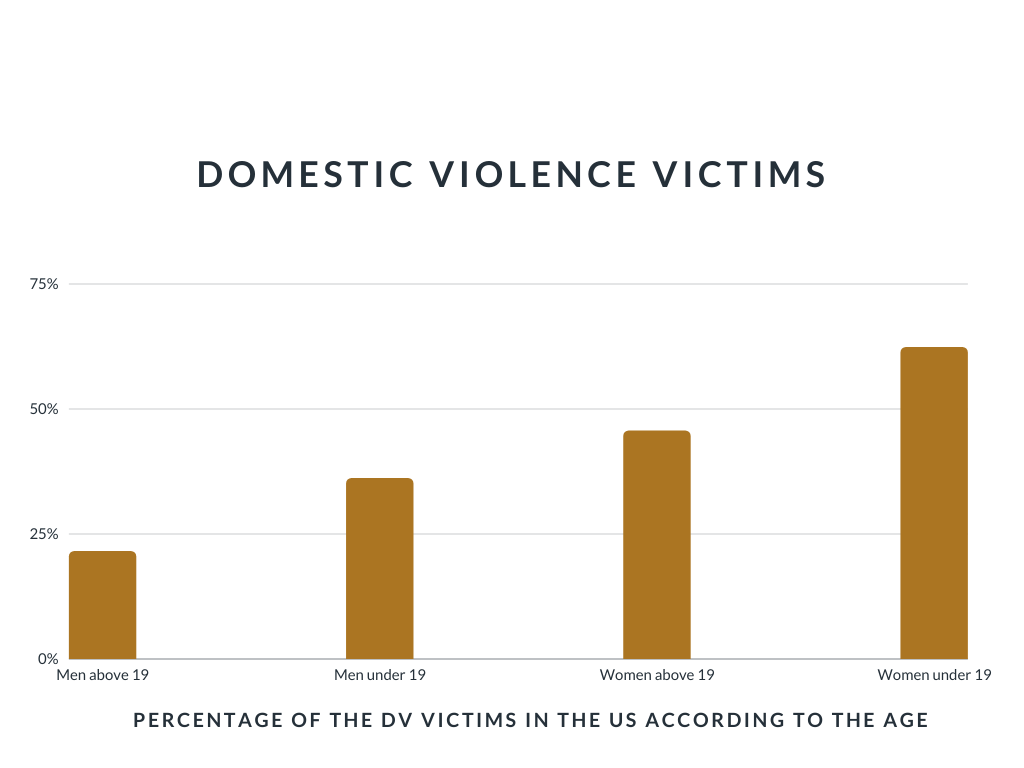In February 2021, news reports emerged of the alleged domestic violence incident involving former NFL player Vincent Jackson and his wife, Lindsey. Vincent Jackson was found dead in a hotel room in Florida; he died of natural causes due to long-term alcoholism in connection with a divorce from his wife. Prior to his death, the couple had been going through a contentious divorce, and Lindsey had filed for a restraining order against Vincent, accusing him of domestic violence.
The event involves an alleged case of domestic violence, where Vincent Jackson was accused of physically assaulting his wife during their marriage, which ultimately led to their divorce. The most applicable theoretical framework to comprehend domestic violence events is conflict theory. From this point of view, social norms and values are established and maintained by people in power to assert their dominance over others. In the context of domestic violence, power dynamics are fundamental to interpreting behavior as deviant. Committing domestic violence is an attempt to maintain control and dominance over your partner. Many people are subject to this phenomenon because statistics show that on average, one in three women in the United States has experienced domestic violence to some extent, and more than 78% of domestic abusers are men, see Figure 1 below.

Domestic violence is recognized as a deviant act based of the current norms of morality and social values. In the modern world, any violence is condemned, and specific domestic violence is considered a violation of the fundamental right of any person to the security of their own health and life in general. There are also issues about family values in today’s society, where the family is regarded as a close-knit collective of loved ones, which in itself precludes the normalization of violence toward one another. Consequently, Siregar and Zulkarnain (2022) conclude, “Conflict applies in all aspects of social relations, which are relations between individuals, relations between individuals and groups, or between groups and groups.” Overall, domestic violence violates the norms of modern society and that is why it is recognized as a deviant act.
Vincent’s example of domestic violence was perceived by the Western public as an unacceptable deviant act, but not all global social and cultural groups perceive domestic violence in this way. For instance, with a particularly developed patriarchal structure of society, men, mostly in fear of the Far East, have the right at the legislative and social level to use violence against their families. It is at such moments that the Theory of Conflict manifests itself, “This difference creates an automatic conflict of interests between the two groups,” (Siregar & Zulkarnain, 2022) because in these cultures, the roles of the dominant and the victim are especially emphasized.
Domestic violence is a grave offense that can result in severe legal consequences, including imprisonment or fines. However, in some cases, social sanctions may not be applied or enforced, particularly when the perpetrator is a celebrity or someone with high social standing. Such individuals may be shielded from public scrutiny or may receive preferential treatment from law enforcement agencies, leading to unequal treatment under the law. It is essential to ensure that all perpetrators of domestic violence, regardless of their social status, are held accountable for their actions and appropriate legal and social sanctions are applied to deter such behavior in the future.
In conclusion, domestic violence is a serious deviant act that is condemned by some cultures but normalized by others even today, confirming the theory of conflict due to which the aggressor dominates the victim. Violating the norms of society and morality, people for domestic violence are responsible before the law, although this may be less true for popular people. The fight against this deviant behavior is important in order to prevent the recurrence of such cases in the future and to finally get rid of domestic violence.
References
Domestic abuse is a gendered crime. Women’s Aid. (2021). Web.
Siregar, I., & Zulkarnain. (2022). The relationship between conflict and social change in the perspective of expert theory: A literature review. International Journal of Arts and Humanities Studies, 2(1), 09–16. Web.